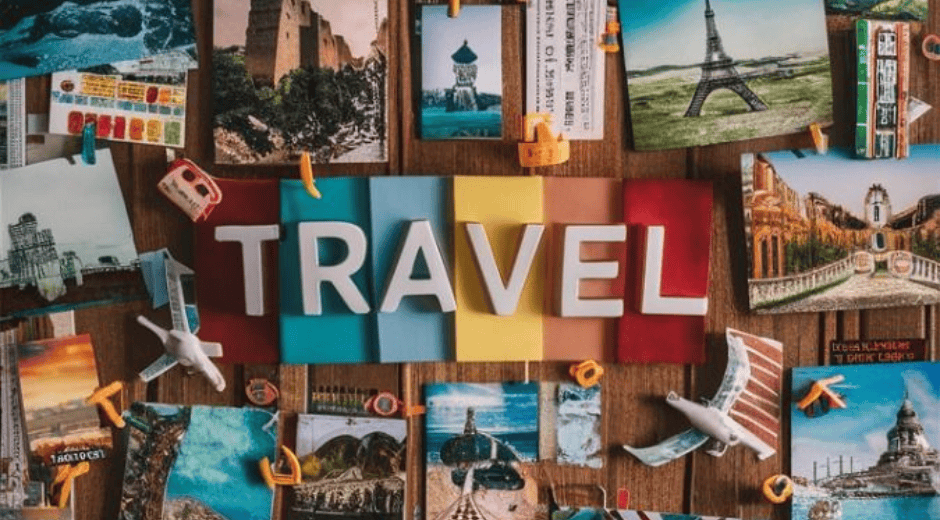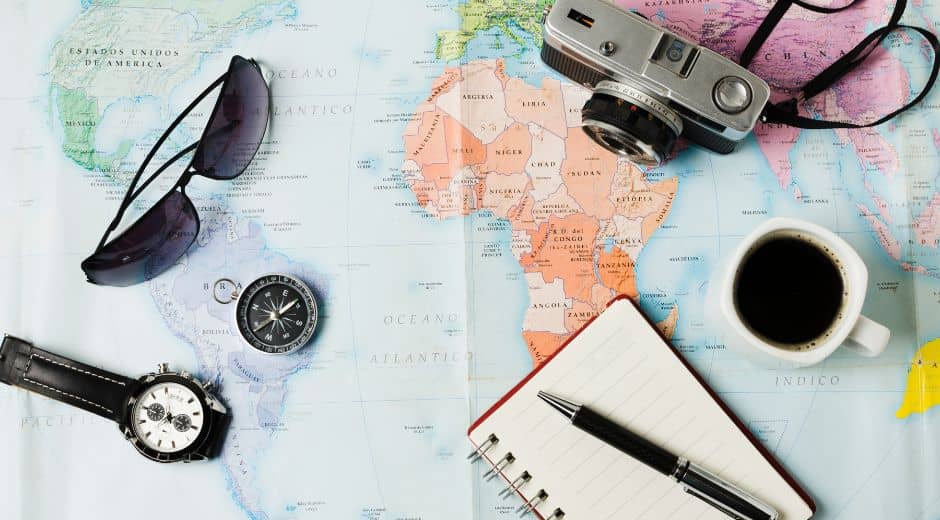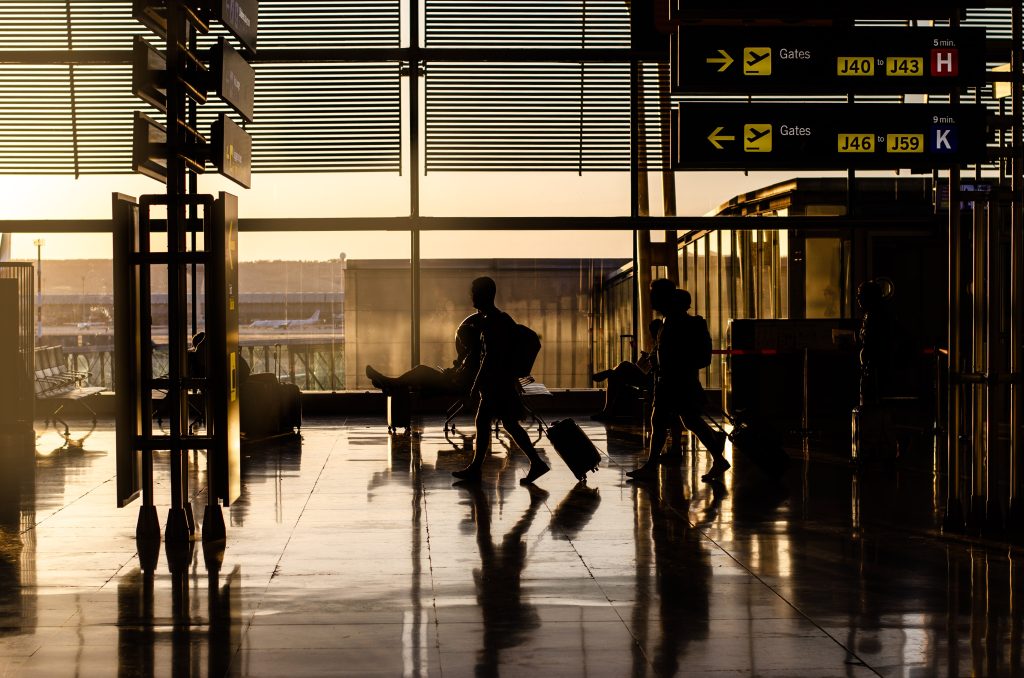Group Trip: How to Plan Without Conflicts
Group Trip: How to Plan Without Conflicts
Traveling with friends, family, or colleagues can be one of the most rewarding experiences, yet organizing a Group Trip comes with its own unique challenges. Coordinating schedules, budgets, preferences, and expectations requires careful planning, clear communication, and a bit of flexibility. Done right, however, a Group Trip can strengthen relationships, create unforgettable memories, and turn travel into an enjoyable shared adventure.
This guide provides practical strategies to ensure that your Group Trip runs smoothly, keeping everyone happy while minimizing stress and potential conflicts.
Start with Clear Communication
The first step to a successful Group Trip is establishing open lines of communication. Before booking anything, gather the group to discuss preferences, interests, and priorities.
Destination Selection: Consider each person’s travel style. Some may prefer beaches, while others enjoy cultural city tours or adventure activities. A balanced itinerary ensures everyone feels included.
Budget Transparency: Money is often the main source of conflict in group travel. Agree on a budget range upfront and be honest about what each participant is comfortable spending.
Expectations and Goals: Are you prioritizing relaxation, sightseeing, or adventure? Defining shared goals can prevent misunderstandings later.
Using shared tools like group chats, email threads, or collaborative apps can help keep everyone on the same page. For mindful approaches to planning and reducing stress in group settings, check out Focus Mind Flow.
Plan Early and Be Flexible
Booking early is critical for avoiding last-minute stress, particularly for flights, accommodations, and popular attractions. Early planning allows your group to secure the best options and often take advantage of discounts.
Accommodation Choices: Hotels, hostels, or vacation rentals? Consider factors such as location, amenities, and the size of the rooms to suit everyone comfortably.
Transportation: Decide whether to rent a vehicle, rely on public transportation, or book tours in advance. Coordinating transport can save time and reduce stress during the trip.
Activity Scheduling: Create a rough itinerary that balances structured activities with free time. Allowing for flexibility accommodates individual preferences and unforeseen changes.
Planning ahead while remaining flexible is the key to keeping a Group Trip enjoyable rather than stressful.
Delegate Responsibilities
Sharing responsibilities reduces the burden on any single person and ensures smooth execution.
Roles for Each Participant: Assign tasks based on interests and skills. One person may handle accommodations, another manages transport logistics, while someone else tracks finances.
Shared Documentation: Keep all travel documents, confirmations, and schedules in a shared folder or app accessible to the entire group.
Decision-Making: Establish a simple process for decisions—majority vote, rotating leadership, or consensus—to avoid disputes.
Delegating roles encourages involvement and accountability, making a Group Trip feel more collaborative and less chaotic
Budgeting and Financial Coordination
Money is often a point of tension during group travel. Planning in advance and establishing clear guidelines can prevent conflicts.
Set a Realistic Budget: Include accommodations, meals, transportation, activities, and an emergency fund. Agree on what is optional versus essential.
Expense Tracking: Use apps or shared spreadsheets to track shared expenses. Keeping a transparent record helps everyone know what they owe and avoids misunderstandings.
Splitting Costs: Decide on fair cost-sharing methods, whether evenly dividing total expenses or allocating based on specific activities.
For tips on financial planning and efficient budgeting during trips, visit Finance World Hub.
Balancing Group Activities and Personal Time
A Group Trip should be fun for everyone, which means balancing group activities with opportunities for personal exploration.
Structured vs. Free Time: While sightseeing or group tours are exciting, allow periods where individuals can explore independently or relax.
Optional Activities: Some participants may not be interested in every activity. Providing alternatives ensures no one feels pressured.
Flexibility in Itinerary: Life on the road can be unpredictable. Build buffer time into the schedule for rest, unexpected adventures, or travel delays.
Encouraging a balance between togetherness and independence strengthens group dynamics and keeps the trip enjoyable for all.
Conflict Management
Even the best-planned Group Trip may encounter disagreements. Preparing in advance and addressing issues calmly can prevent tension from escalating.
Stay Calm and Respectful: Address disagreements politely, focusing on solutions rather than blame.
Compromise and Rotate: Take turns deciding on activities or meals. Rotation ensures that everyone’s preferences are honored.
Use Humor and Positivity: Light-hearted approaches can diffuse tension and keep the atmosphere friendly.
Learning to manage conflicts effectively turns challenges into opportunities for stronger group bonds.
Tools and Resources for Smooth Travel
Technology can greatly enhance coordination during a Group Trip.
Shared Itinerary Apps: Tools like TripIt, Google Sheets, or travel-specific apps allow everyone to stay updated on schedules, bookings, and locations.
Navigation Apps: GPS apps and maps ensure smooth travel, especially in unfamiliar cities or rural areas.
Travel Planning Resources: Guides and tips from Style Radar Point provide insights into local attractions, dining, and cultural experiences to enrich your itinerary.
Using these resources minimizes confusion, improves planning, and maximizes the fun of group travel.
Making the Most of Your Group Trip
The ultimate goal of any Group Trip is shared enjoyment. With careful planning and cooperation, your group can experience memorable moments together.
Capture Memories: Encourage photography, journaling, or even group videos to document the journey.
Celebrate Differences: Appreciate the variety of perspectives, interests, and energy levels within the group.
Reflect and Share: After the trip, review experiences together. Discuss what worked well and what could improve for the next adventure.
These practices ensure that every participant leaves the trip with positive experiences and lasting memories.
Further Resources
For more tips on travel planning, personal productivity, and group coordination:
Focus Mind Flow – Mindfulness and stress management techniques for travelers.
Style Radar Point – Lifestyle and travel tips to enhance your trip experience.
Finance World Hub – Financial guidance for budgeting and money management while traveling.
Trip Beyond Travel – Explore more travel tips and destination guides.
Conclusion
A Group Trip can be one of the most rewarding forms of travel, provided careful planning and communication are prioritized. By setting clear expectations, delegating responsibilities, managing budgets, and balancing group activities with personal time, conflicts can be minimized and enjoyment maximized.
Embracing these strategies allows your Group Trip to become a smooth, memorable adventure that strengthens friendships and creates unforgettable experiences. Proper planning and teamwork unlock the true joy of traveling together, transforming challenges into opportunities for shared growth, laughter, and discovery.
Travel Made Simple

Hidden Horizons Where Travelers Lose Track of Time
Hidden Horizons Where Travelers Lose Track of Time

Winding Roads and the Stories Found Between Destinations
Winding Roads and the Stories Found Between Destinations

Soulful Destination Travel Beyond Checklists
Soulful Destination Travel Beyond Checklists













